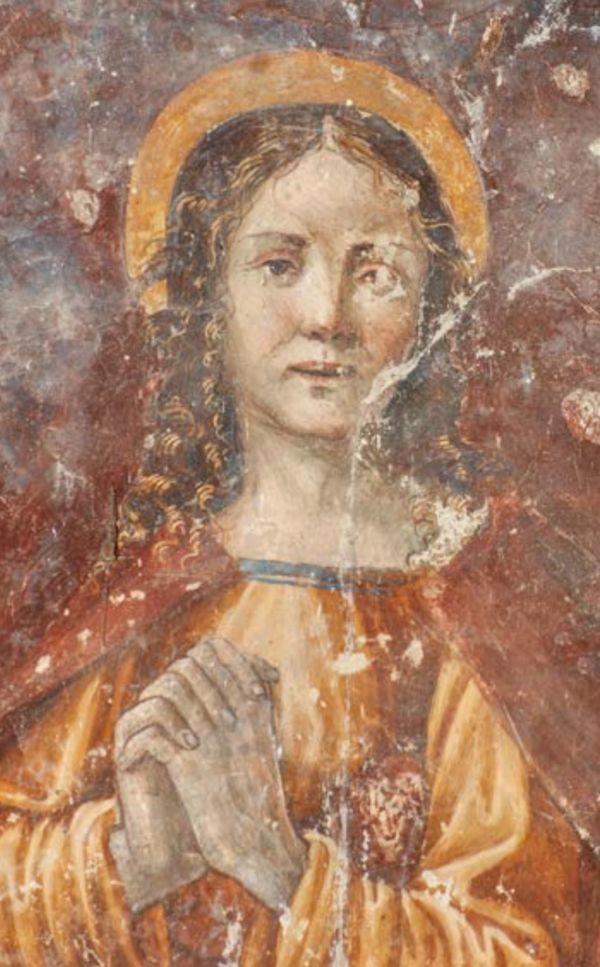And the present matters, not the genealogy
(Jn 7:1-2.10.25-30)
Christ reveals himself in a progressive and unconventional way. He asks us to reinterpret and reveal divine Presence in an equally creative mode.
He only guards life, and life is always new. It does not cling to standards, to thought, to explanations.
The Envoy obeys an unthinkable and non-local Call. This is what distinguishes action and even divine geography, which surpasses the "synagogue" established in the area.
Recognizing Christ as our Lord means accepting the dangers and rejection that this harmony and choice entail.
He can be rejected by calculation, not spontaneously. By denying Him we exclude our root; however, by welcoming, everything and even survival are at stake. What to do?
Isn't better to blend in to keep things going?
After the abandonment of some disciples in Galilee - following the discourse on the Bread of Life (Jn 6:60-71) - Jesus even adds to the dose, and doesn’t depart.
Pretending, we too could marginalize Him to preserve immediate security. But if we didn’t proceed towards our Source, we would not encounter crystal clear water.
In the fourth Gospel the threat of death on the Lord is constant. People are attracted, but in Him they stumble. For the authorities: unexpected Origins, to be killed in order not to be replaced.
According to the Synoptics, during public life Jesus is in Jerusalem only once [in which He was condemned by the religious institution].
According to the fourth Gospel, two or three times, on the occasion of Easter.
It’s likely that He has been to the Holy City several times, in private.
But the image of the hidden Christ alludes here to His ‘presence’ in the common faithful, forced not to make clear the adhesion of the heart - especially after the rupture between synagogue and church (Ecclesia) at the end of the first century.
The ‘knowledge’ of God now passes through the challenge of ‘recognizing’ a subversive, condemned to death and fugitive (v.1): the Nazarene in us, the unrecognized fulcrum of our solemnities.
The eminent feast of the Jewish, that of the Booths [Sukkot], commemorated the «mirabilia Dei» of the Exodus and looked to the future by celebrating hopes of prestige and victory over other nations.
Well, even if we were considered 'to be re-educated', it would be obvious to oppose the idea of a violent and artificial prosperity, as well as the perverse influence of an empty, circumstantial spirituality.
And should some opportunists want to lay their hands on us out of self-interest, or perhaps just because we do not respect their ways, doctrines, and fantasies, the turn of events will save the true Witnesses from any danger (v.30).
It will be the “impossible origins” to bring the Unknown to replace the official «educators» (v.28) clinging only to ideas.
The experience of divine glory living is still «sub contraria specie»: in the kingship that pushes down.
A reverse Force: it allows metamorphoses to surface and let us discover astonishing metamorphoses.
And by not allowing the Lord to be killed again for convenience, we will be able to protect both the community experience and personal transpositions of Faith.
Change of Face and cosmos, though unexpected. Development and ‘passage’ that convinces the soul.
[Friday 4th wk. in Lent, April 4, 2025]












